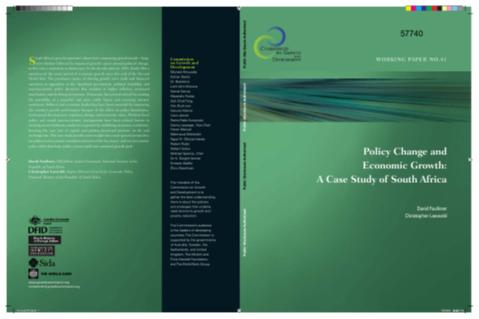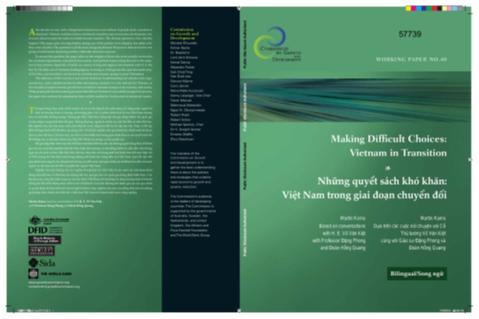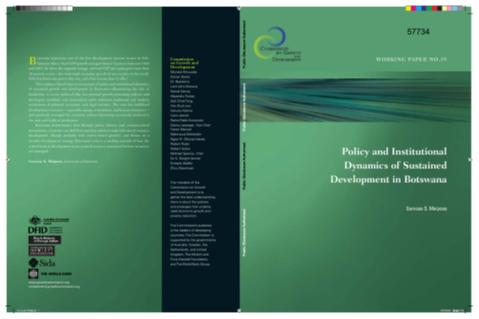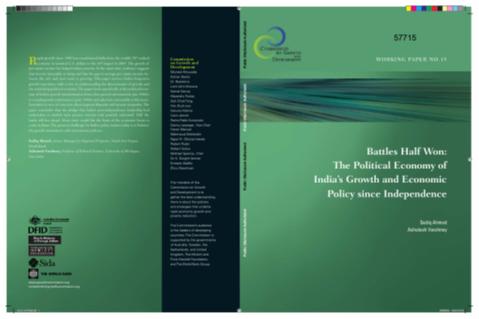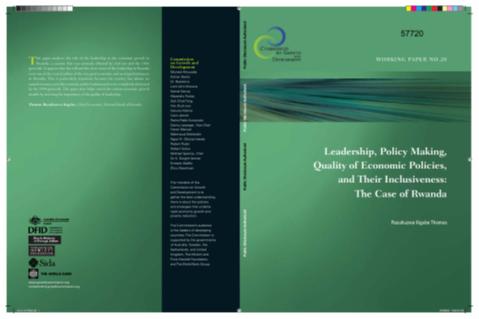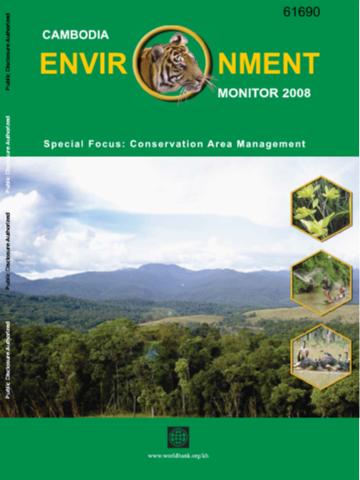Access to Land, and Poverty Reduction in Rural Zambia: Connecting the Policy Issues
It might be considered unlikely that inadequate access to land would be one of the major causes of rural poverty in Zambia. However, evidence presented in this paper shows that economically viable arable land is not in great abundance in Zambia after considering the current situation with respect to access to road infrastructure and access to services and markets. In fact, access to land is already a major problem for large segments of the rural population in Zambia.


